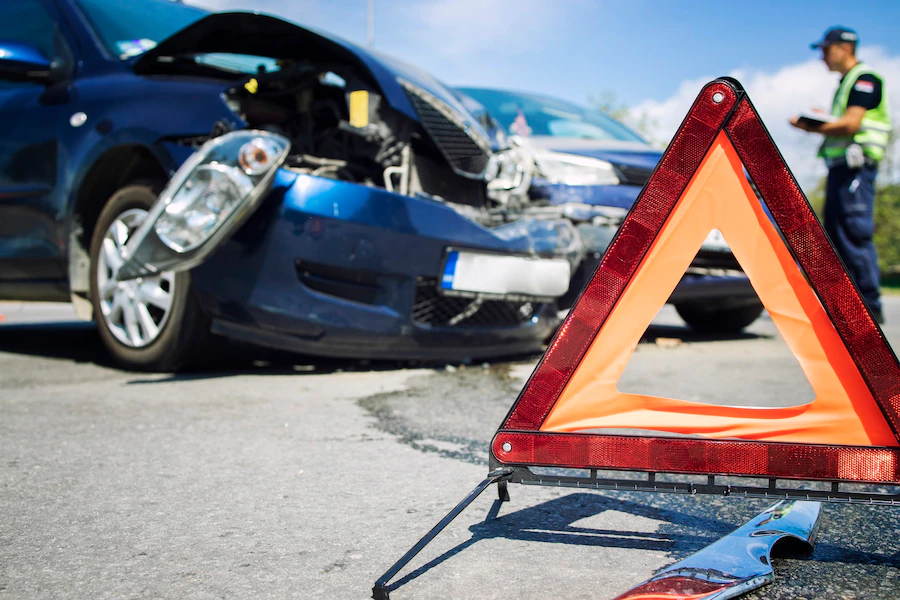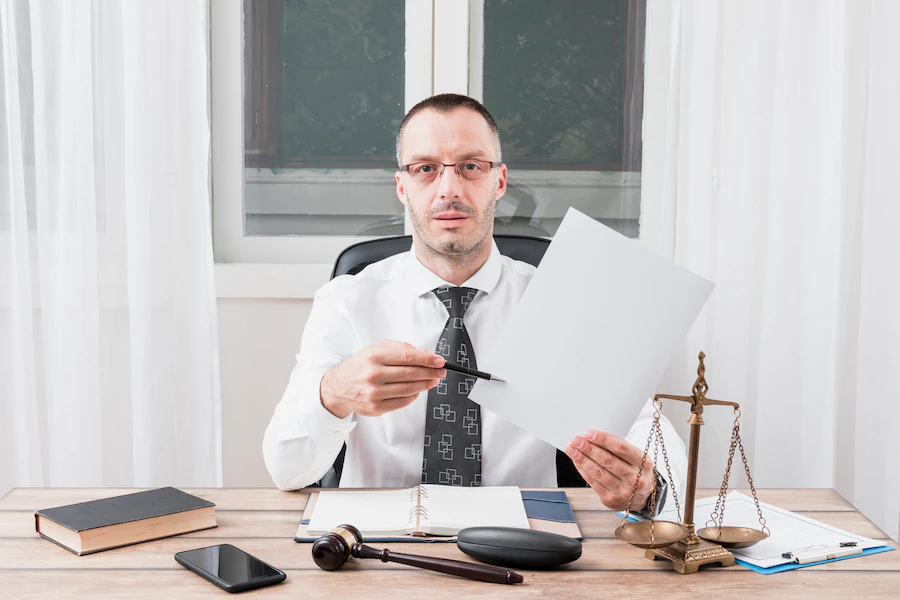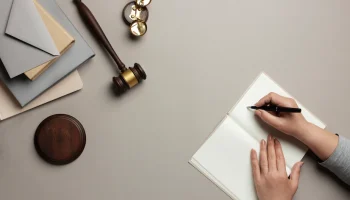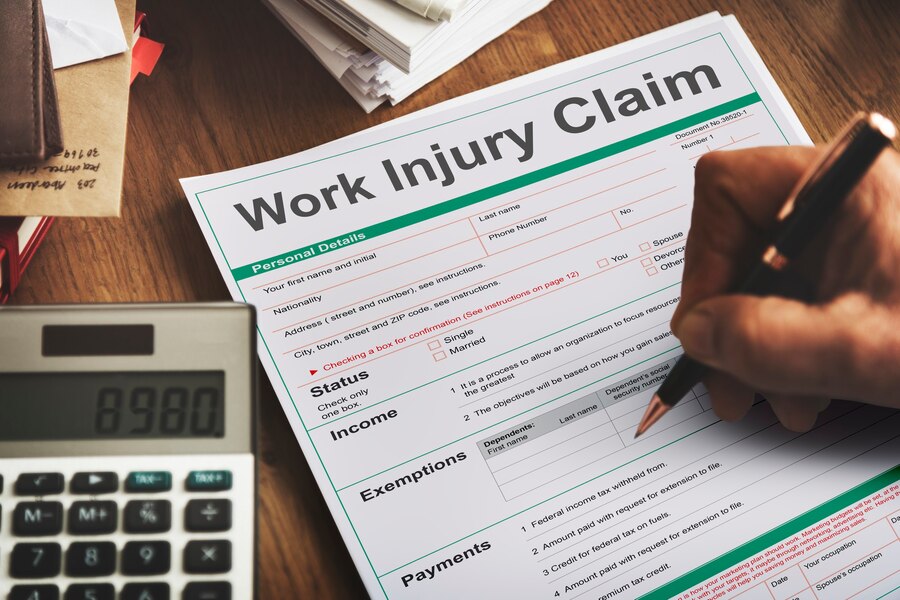In the aftermath of a slip, trip, and fall, the path to justice and compensation can seem daunting. Personal injuries can bring physical pain, emotional stress, and financial burdens.
Understanding the claims process is crucial for those seeking to obtain the compensation they deserve. This guide aims to help you navigate the complex landscape of personal injury claims, specifically related to slips, trips, and falls.
The Common Causes Of Slip And Trip Accident Claims
In this section, we learn about some common accidents that can result in compensation cases.
- Trips are caused by the cables that are trailed across the office infrastructure.
- Falls are caused by falling because of damaged public pavement and pathways.
- Falling on the floor when the lift did not stop on the level of the floor.
- Tripping over a raised mat that is laid inside a public place like a shopping center.
- Slipping on a wet floor that was caused by spillages and leaks.
You can make these claims against public organizations like the local authorities, authorities in a public place, and the employer. If you meet with an accident due to the instances discussed above, you can claim your compensation under the laws.
Recognizing The Basis Of Claims
Here we discuss some of the important points that serve as the basis of claims. Let us take a look at them.
Duty Of Care
The cornerstone of any personal injury claim, including slips, trips, and falls, is the concept of “duty of care.” It is an obligation imposed on all individuals and entities to avoid behaviors that could cause harm to others. For instance, property owners have a duty of care to maintain their premises in a reasonably safe condition. If your injury was the result of a breach of this duty, you might have a valid claim.
Liability
Determining liability is the next step. This entails identifying the party responsible for the unsafe condition that led to the accident. It could be the property owner, a tenant, or even a maintenance company. Establishing liability can sometimes be challenging, especially in cases where multiple parties might be involved.
Gathering Evidence
Effective evidence-gathering is paramount to the success of your claim. This process should ideally start right after the incident.
Accident Site

Document the accident scene as accurately and quickly as possible. Take photographs or videos of where the accident occurred and what caused it. These visuals can provide compelling evidence of negligence or unsafe conditions.
Witness Statements
Collect names and contact information of any witnesses who saw the incident. Witness accounts can offer an unbiased perspective of the accident and bolster your claim.
Medical Records
Seek immediate medical attention, even if your injuries seem minor initially. Some injuries may not manifest symptoms right away. A comprehensive medical record that links your injuries to the accident is a powerful piece of evidence.
Legal Process
Once the basis for your claim is established and evidence is gathered, the legal process begins. It’s advisable to hire a personal injury attorney experienced in slip trip and fall claims. They can guide you through the complicated legal procedures and negotiate on your behalf.
Filing A Claim
Your attorney will file a claim with the liable party’s insurance company. This includes a demand letter outlining the facts of the case, the reason their client is liable, your injuries, and the compensation amount you’re seeking.
Negotiation and Settlement
Insurance companies often respond with a lower counteroffer, and a series of negotiations ensue. If a fair settlement is agreed upon, the process ends here. If not, your attorney will likely advise moving forward with a lawsuit.
Filing A Lawsuit

If a satisfactory settlement can’t be reached, the next step is filing a lawsuit. This legal action begins a process called discovery, where both sides investigate the claims and defenses, preparing for trial. It’s important to note that a lawsuit does not mean your case will necessarily go to trial. Many cases are settled before reaching that stage.
Importance of Time frames
In the process of pursuing a claim, one must be aware of the legal time limits known as ‘statutes of limitations.’ These vary by state but typically range from one to three years from the date of the accident. If a claim or lawsuit isn’t filed within this period, you might lose the right to seek compensation. Hence, it’s crucial to act promptly and decisively following a slip, trip, or fall. Engaging an attorney as early as possible can ensure you meet all critical deadlines.
Emotional and Psychological Aspects
While physical injuries from a slip, trip, or fall can be severe, we must not overlook the emotional and psychological impact. Feelings of anxiety, stress, and even depression are common after such incidents, particularly if the recovery period is lengthy. These emotional injuries also deserve recognition and compensation.
Therefore, do not hesitate to seek psychological support if needed, and ensure your attorney is aware of this aspect of your suffering. Your well-being, in every sense of the word, is paramount in the aftermath of such incidents.
The Amount Of Compensation You Can Claim
When you are looking to claim compensation due to accidents like trips, falls, and slips, you have to contact your legal expert. Now the legal expert generally bifurcates the claim settlement into two distinctive elements, and they include general damages and special damages.
The general damages generally cover the physical and emotional pain you received due to the mishap.
On the other hand, the special damages include the costs, expenses, or, say, any loss incurred because of the accidents. The common example includes the cost of care and treatment, damage to property, and loss of earnings.
Conclusion
Dealing with a slip, trip, or fall can be painful and overwhelming. The road to recovery and rightful compensation can be long and winding. Seek legal experts’ assistance. They are professionals, and they can help you get the maximum compensation.
But with a better understanding of the claims process and the right legal support, you can navigate these challenges and get back on your feet.
Remember, it’s not just about seeking compensation; it’s about upholding accountability and ensuring such incidents are prevented in the future.
Additional:




























